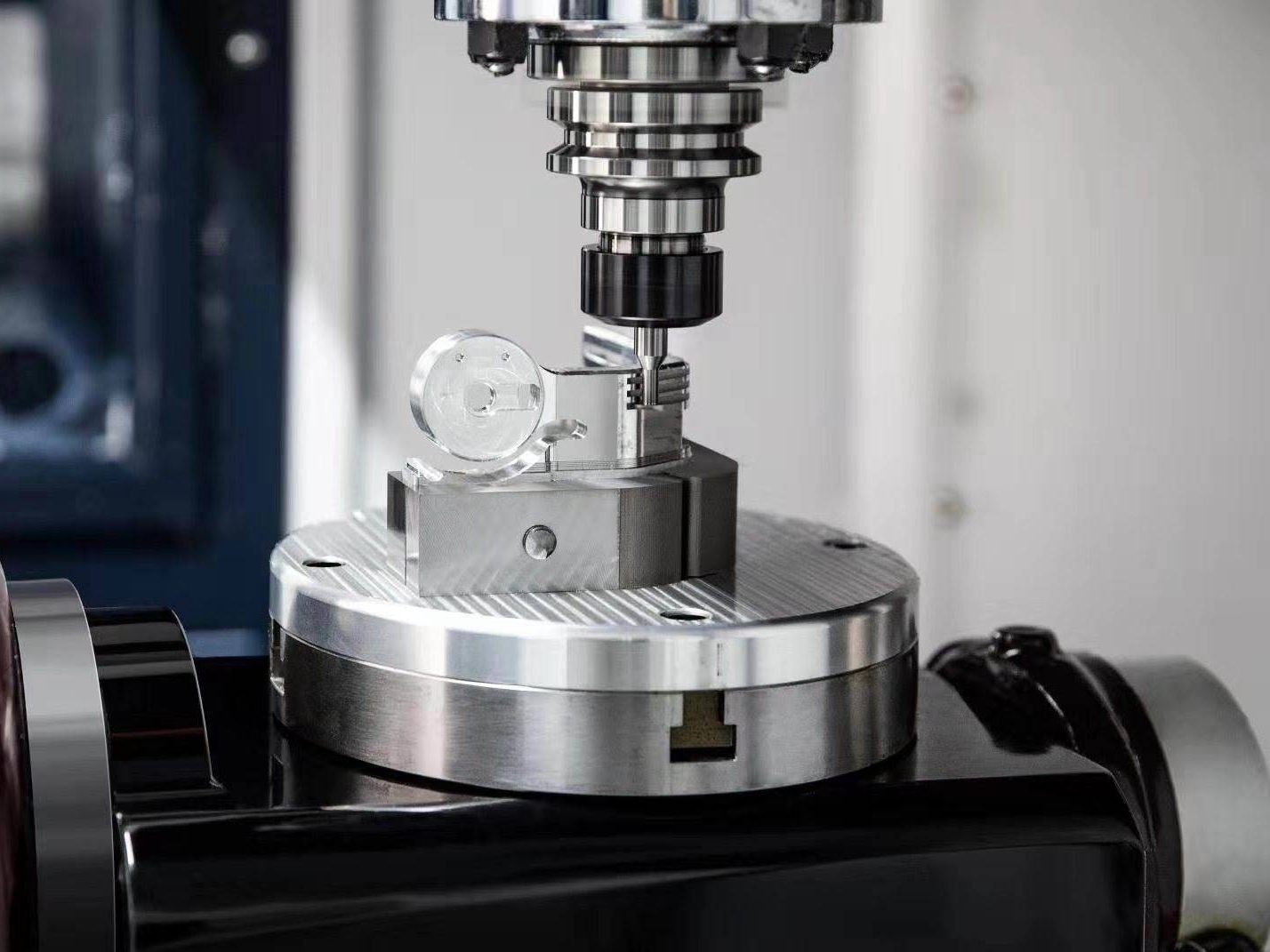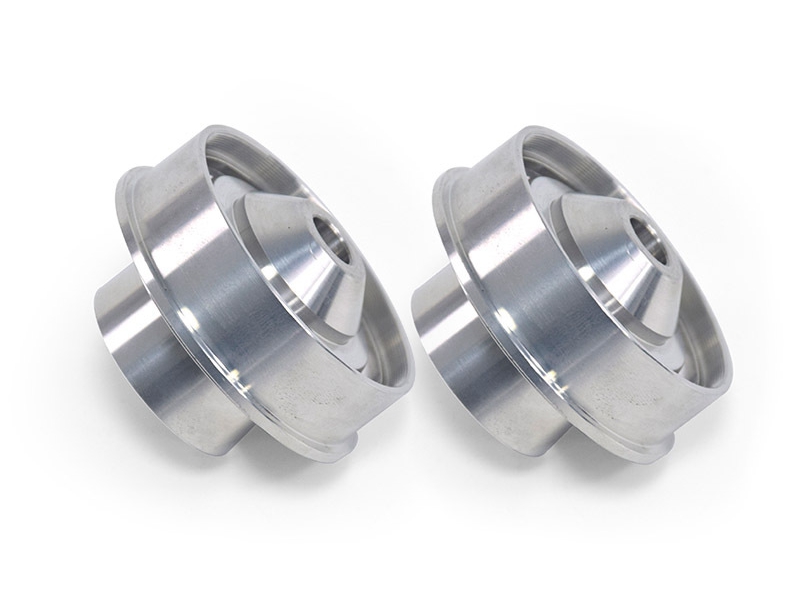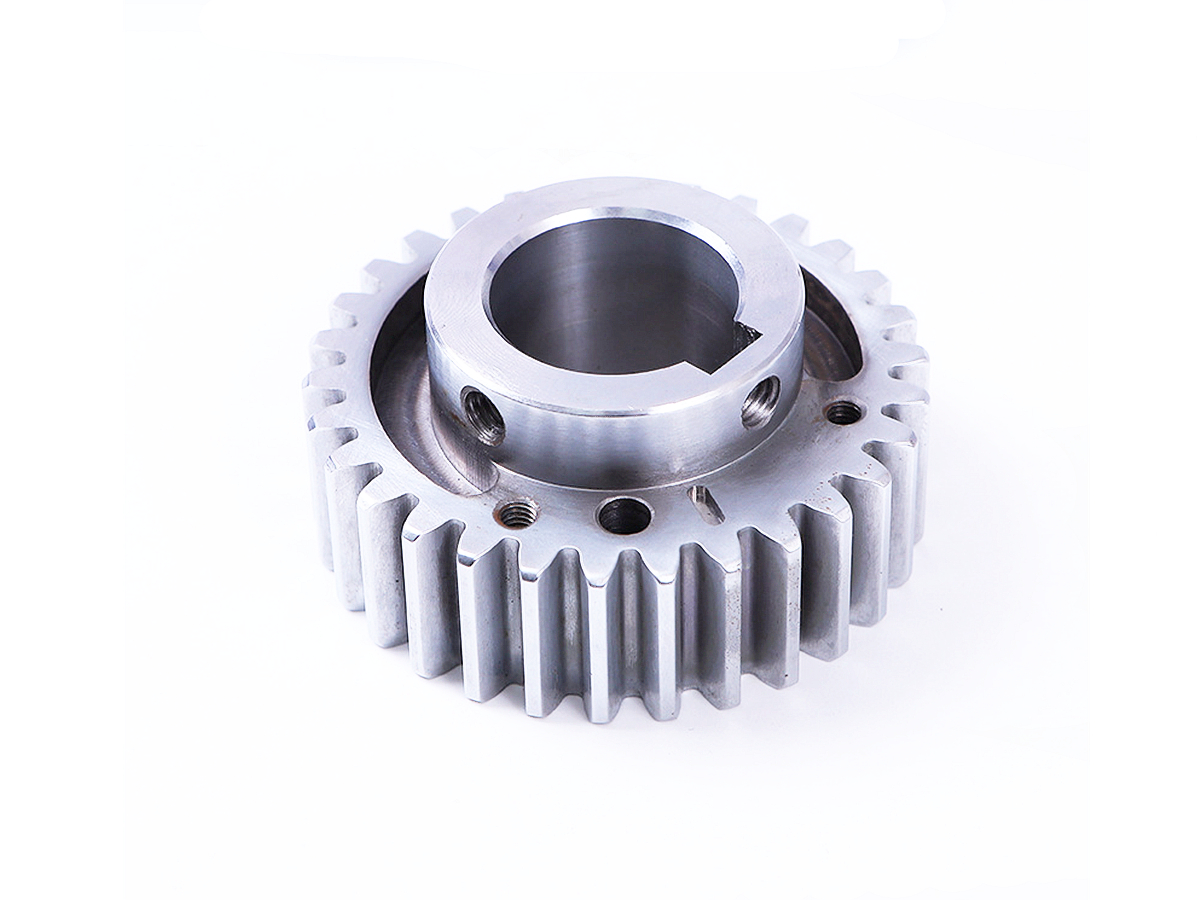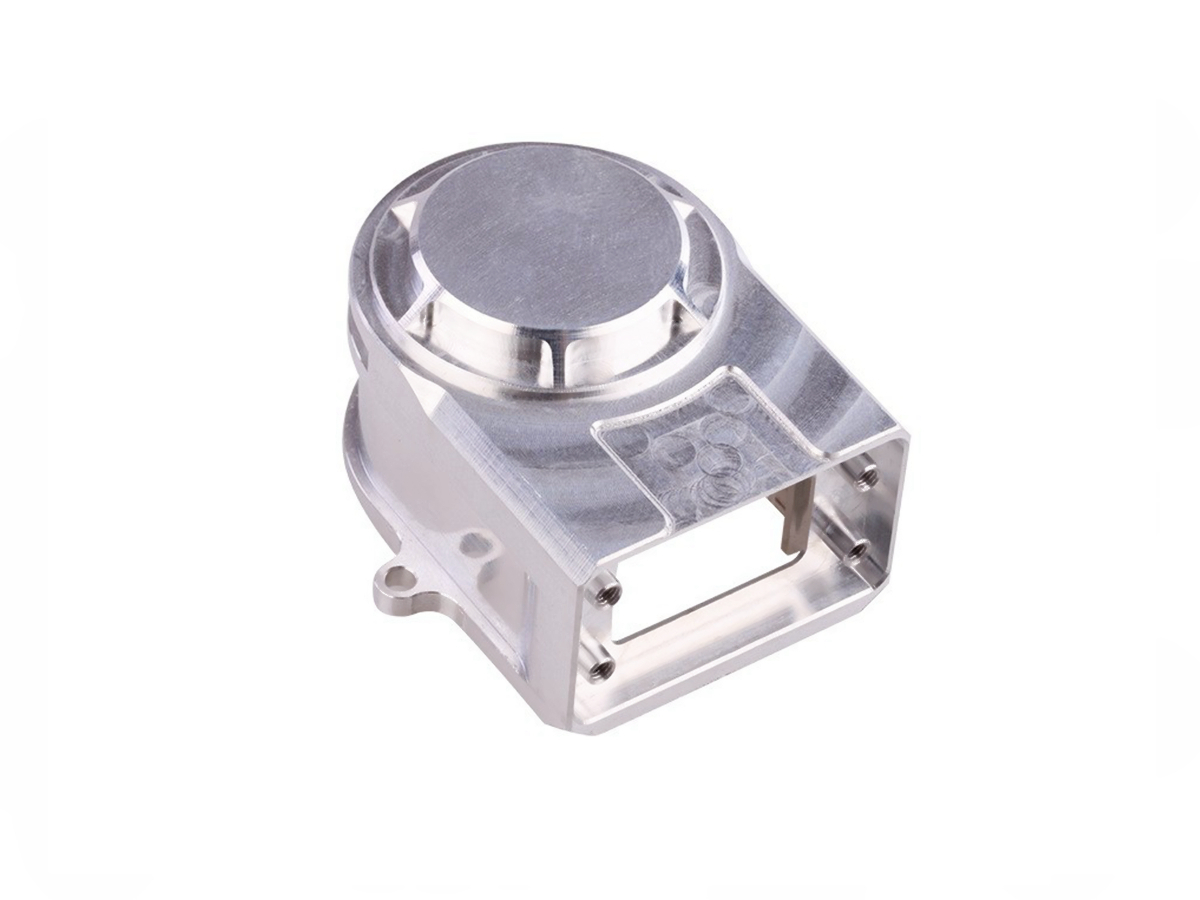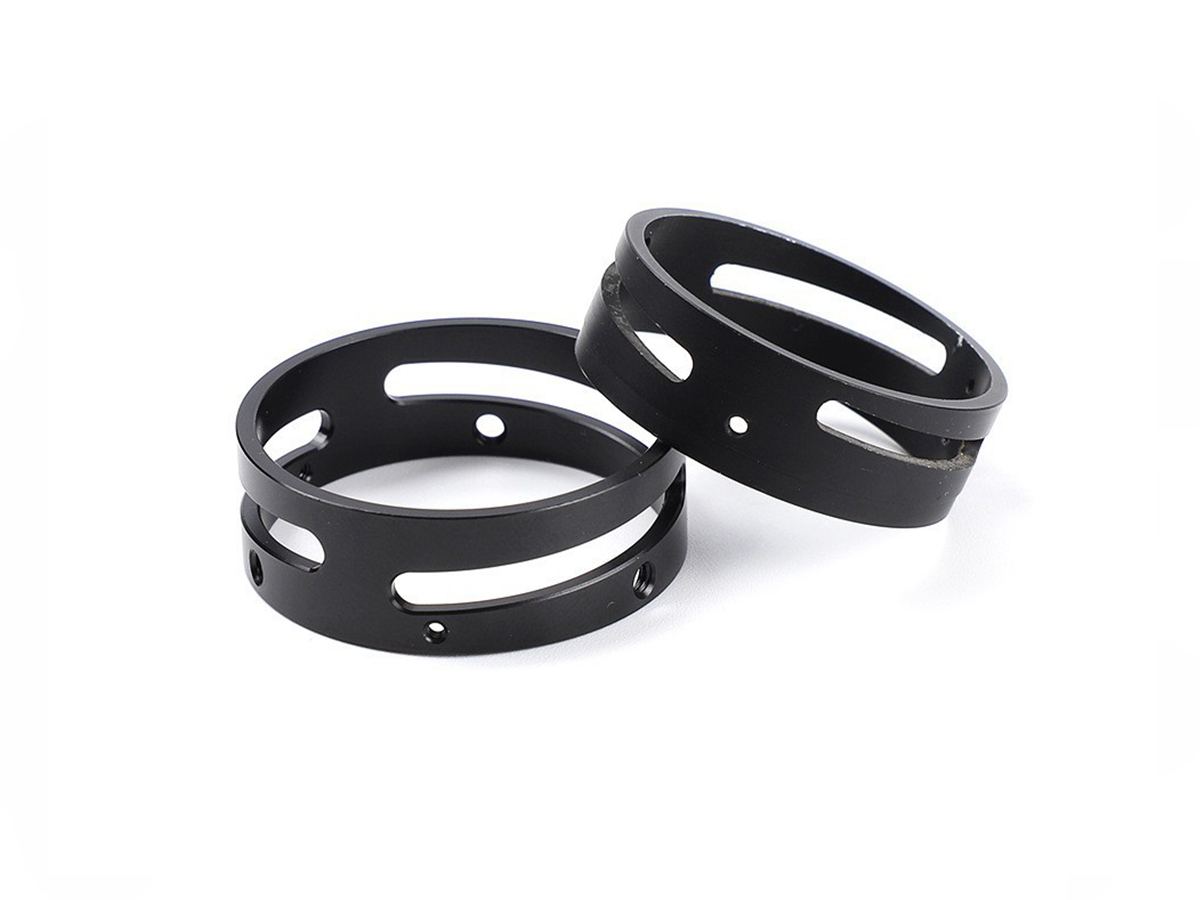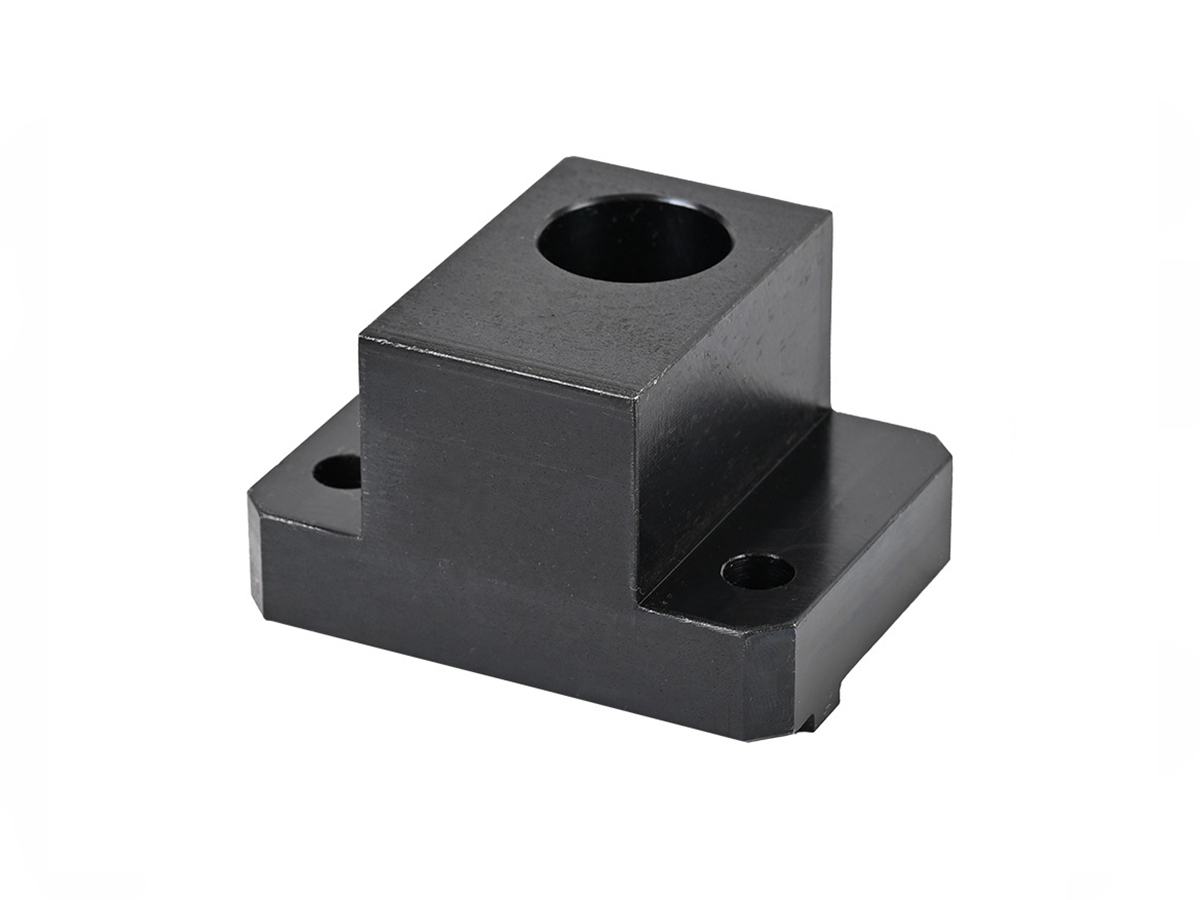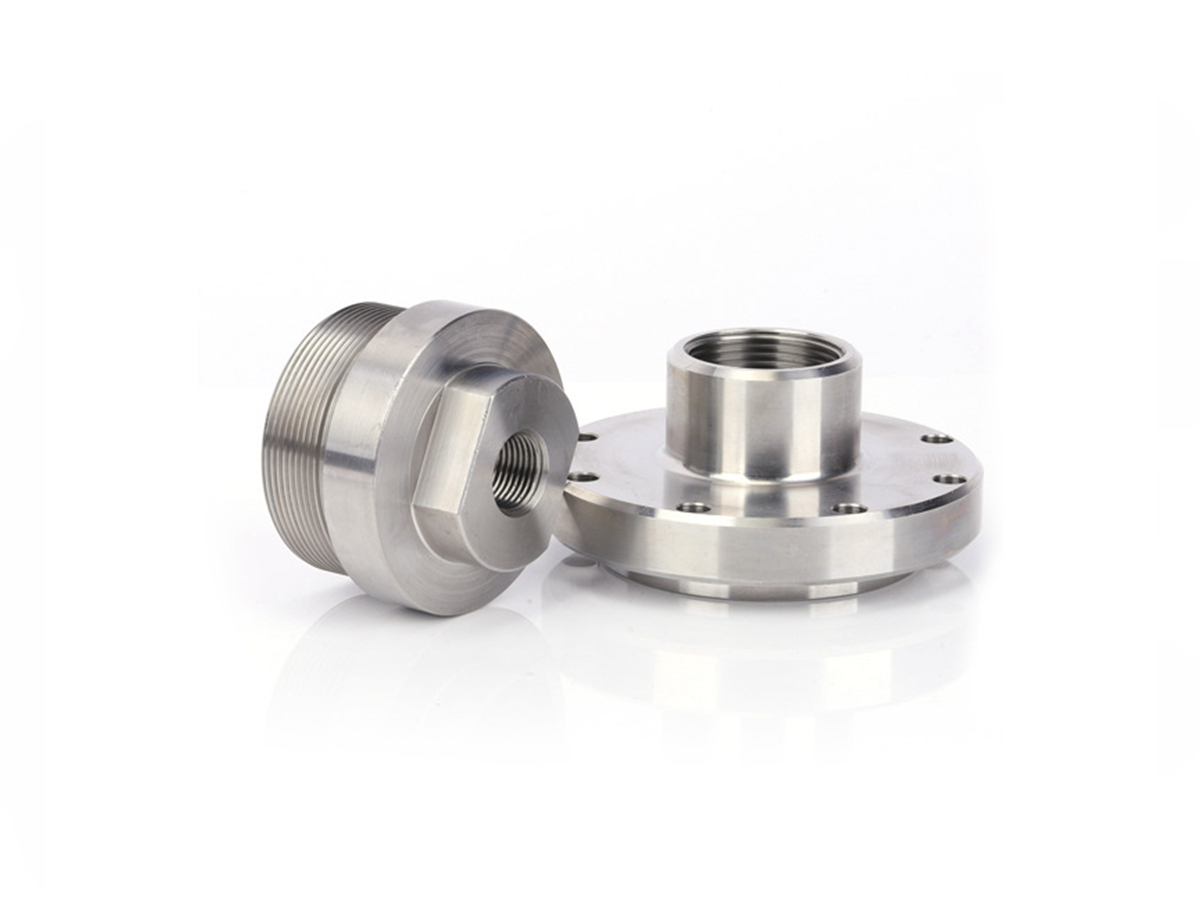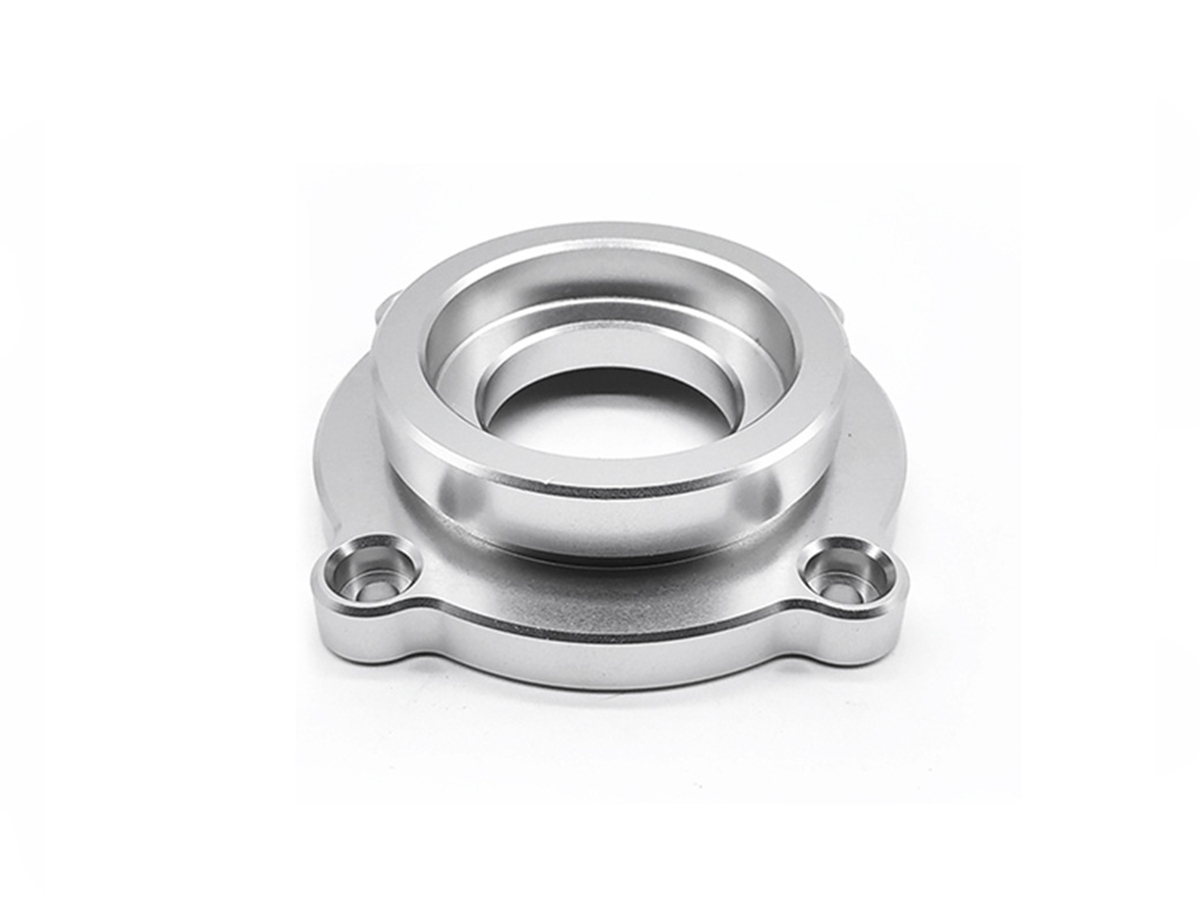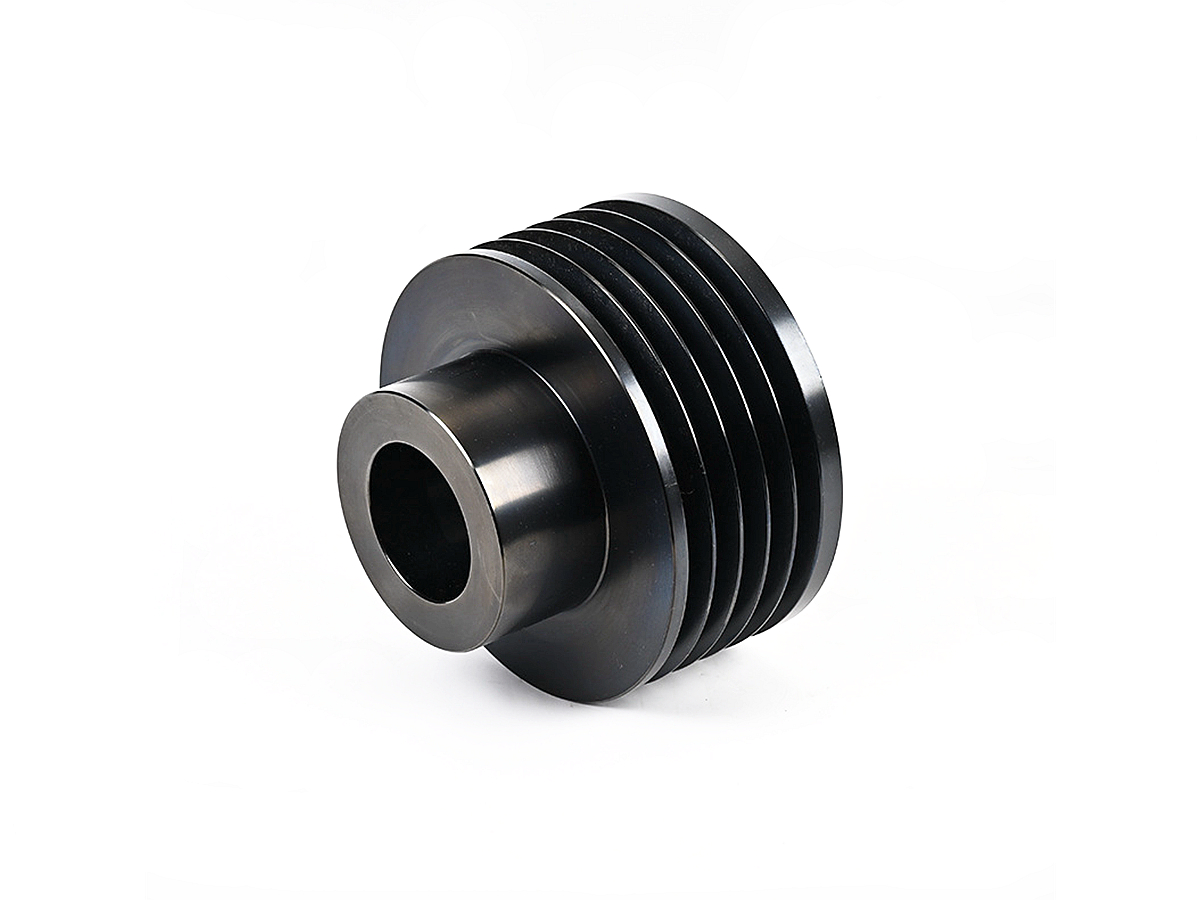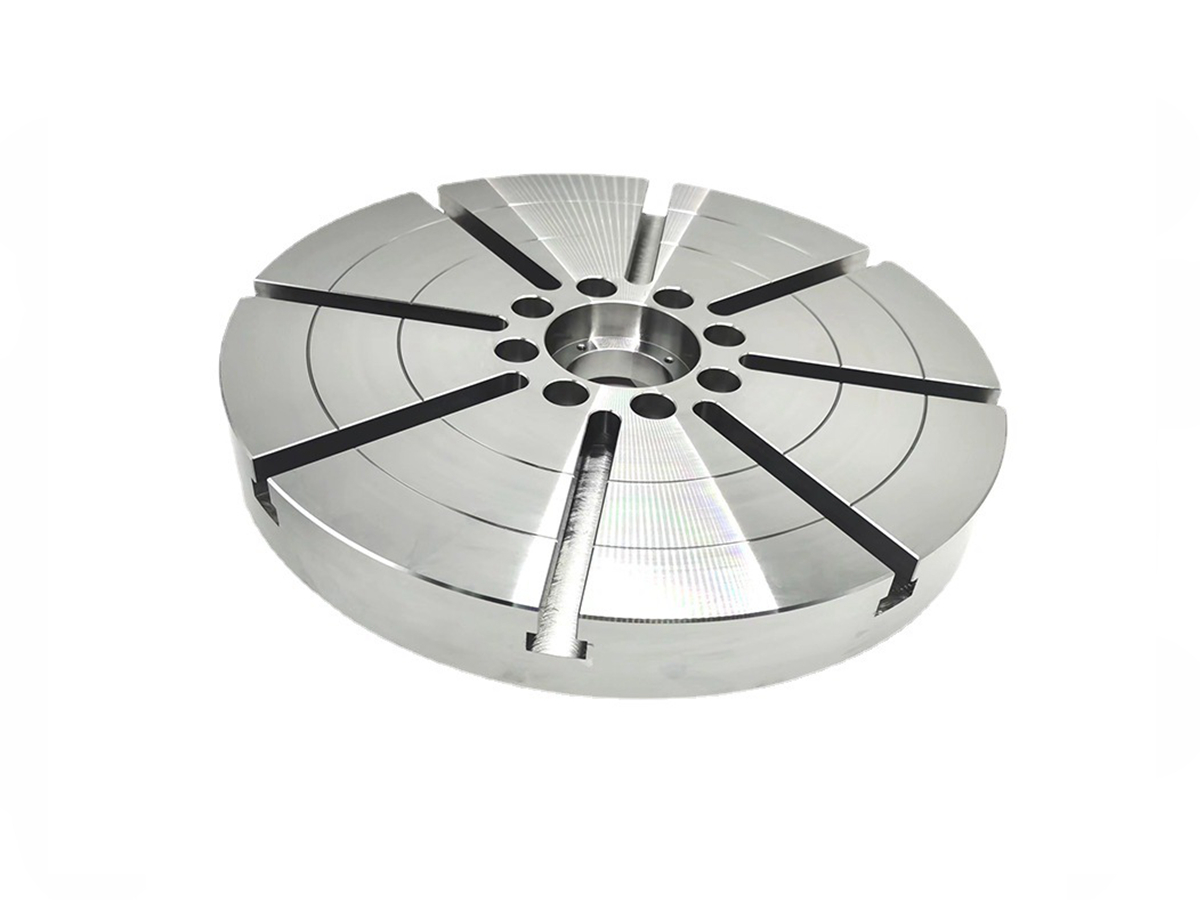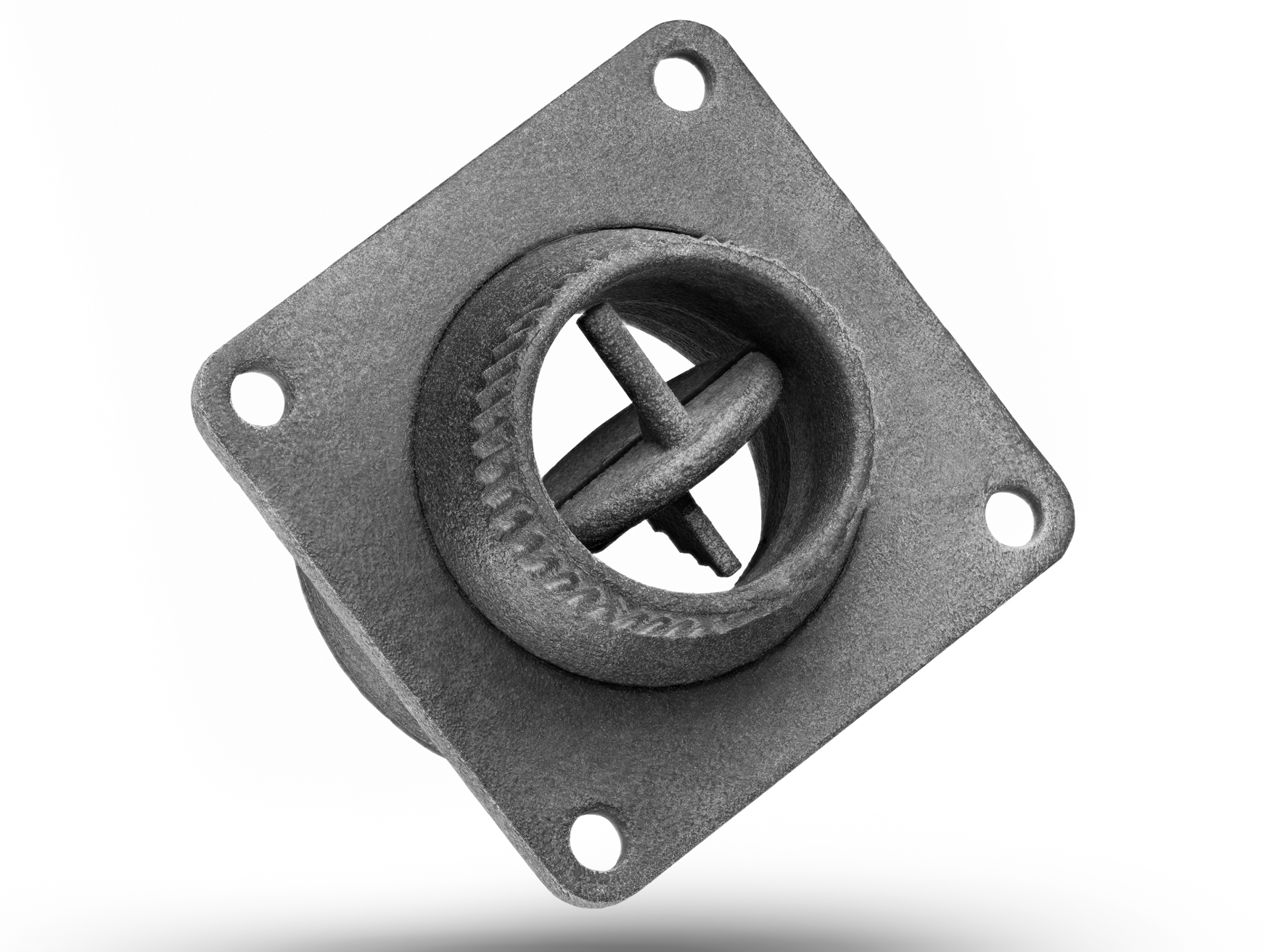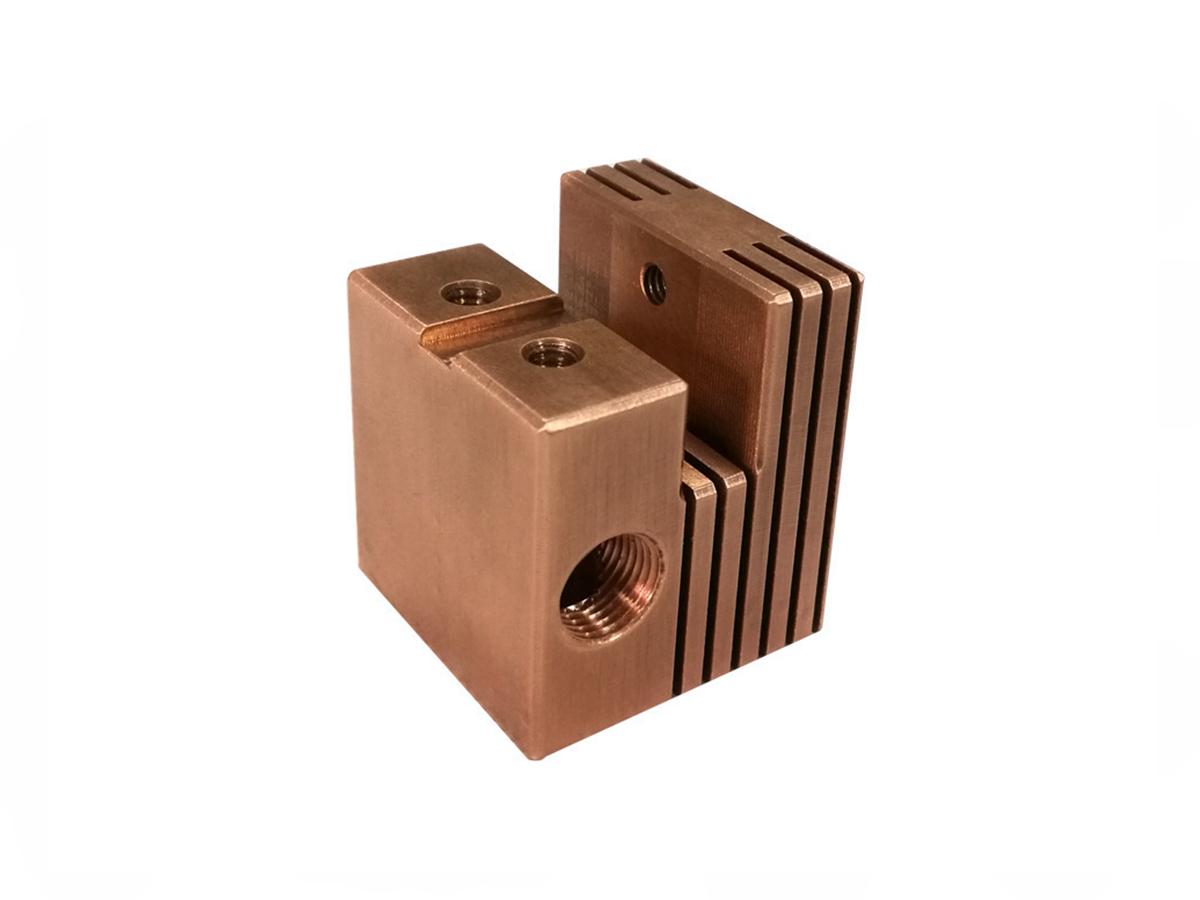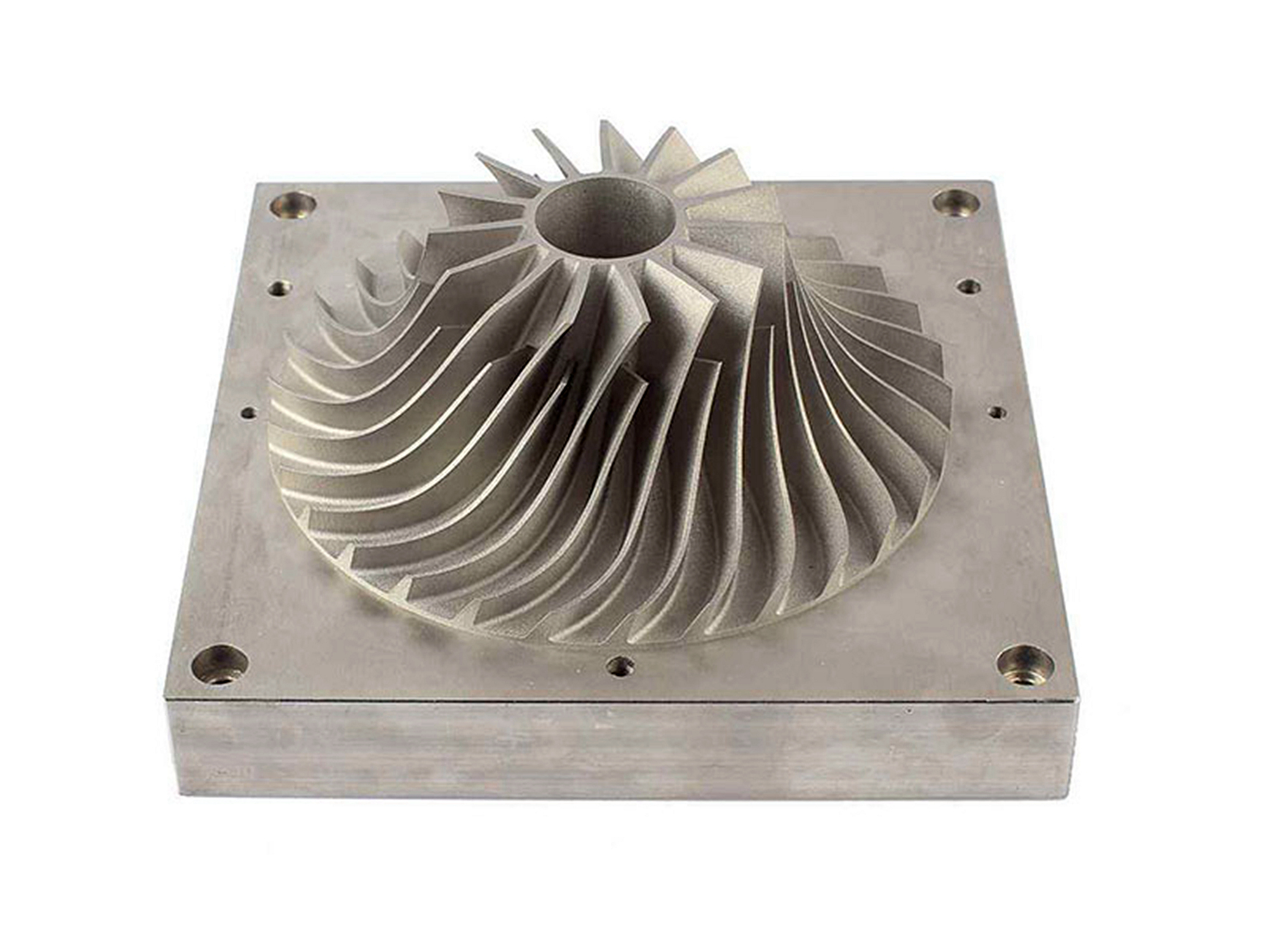Custom Parts Manufacturing Solutions
Automation Components Manufacturing Service
Neway provides Automation Components Manufacturing, offering CNC Machining, 3D Printing, Vacuum Casting, Die Casting, and Injection Molding. We produce high-precision, reliable components tailored for efficient and advanced automation systems.
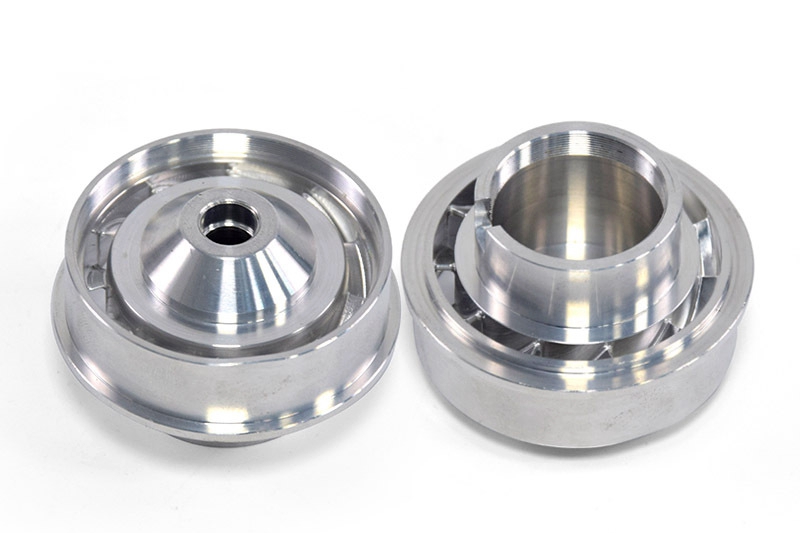
Automation Parts Machining
Automation parts machining involves using advanced CNC processes such as milling, turning, drilling, boring, grinding, and EDM to create high-precision components for automation systems. These parts are crucial for robotics, assembly lines, and other automated equipment, ensuring optimal performance, durability, and accuracy. Multi-axis and precision machining techniques are commonly used to achieve complex, tight-tolerance designs.
Automation Material Selection
Automation parts require materials that ensure high precision, durability, and resistance to wear. Superalloys, titanium, aluminum, copper, brass, bronze, carbon steel, stainless steel, plastic, and ceramics are commonly used for components like actuators, sensors, gears, housings, and wiring in automated systems.
Common Automation Parts Surface Treatment
Common automation parts undergo various surface treatments to enhance performance and durability. These include processes like anodizing, PVD, electroplating, and powder coating, which improve corrosion resistance, hardness, and appearance. Other treatments like passivation, sandblasting, and heat treatment provide further protection and precision. These treatments ensure automation components meet stringent quality standards for reliability and longevity.
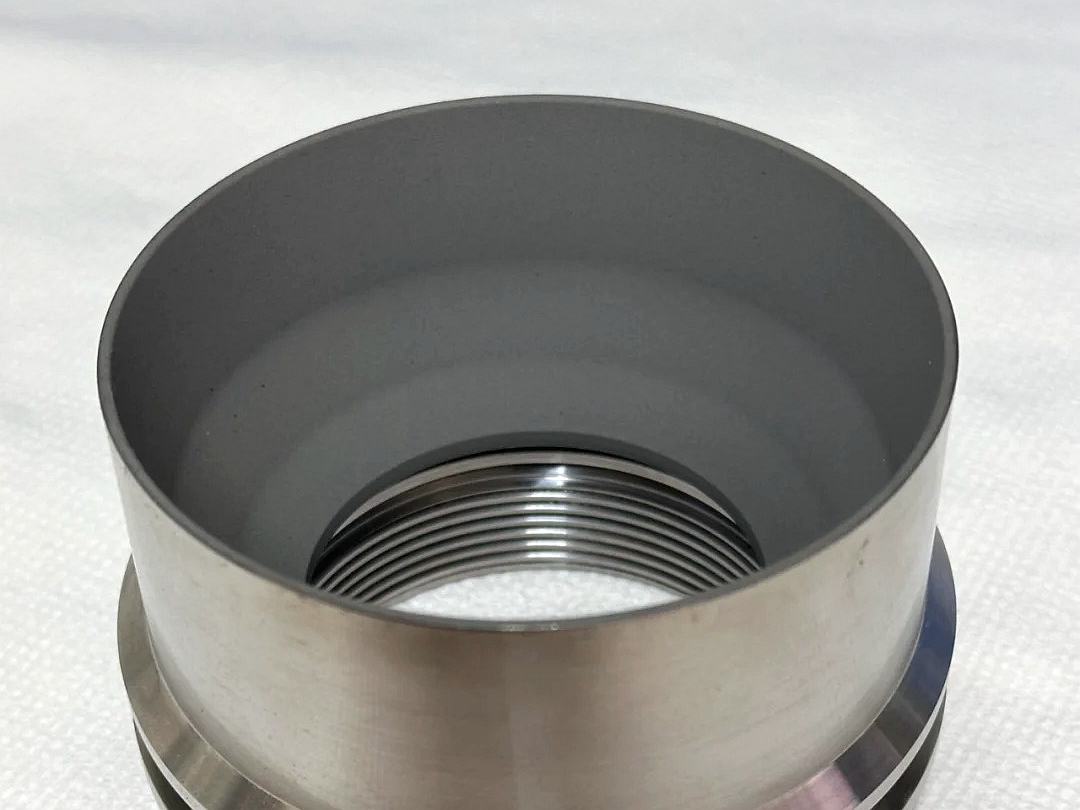
learn more
Thermal Coating
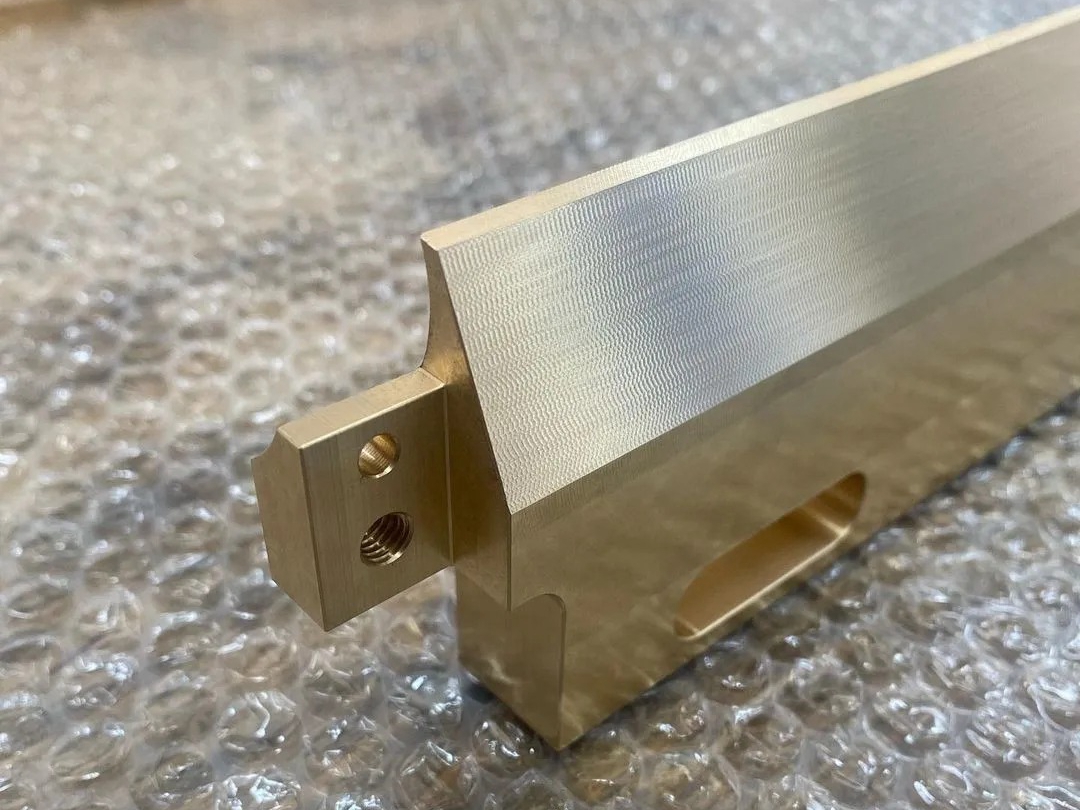
learn more
As Machined
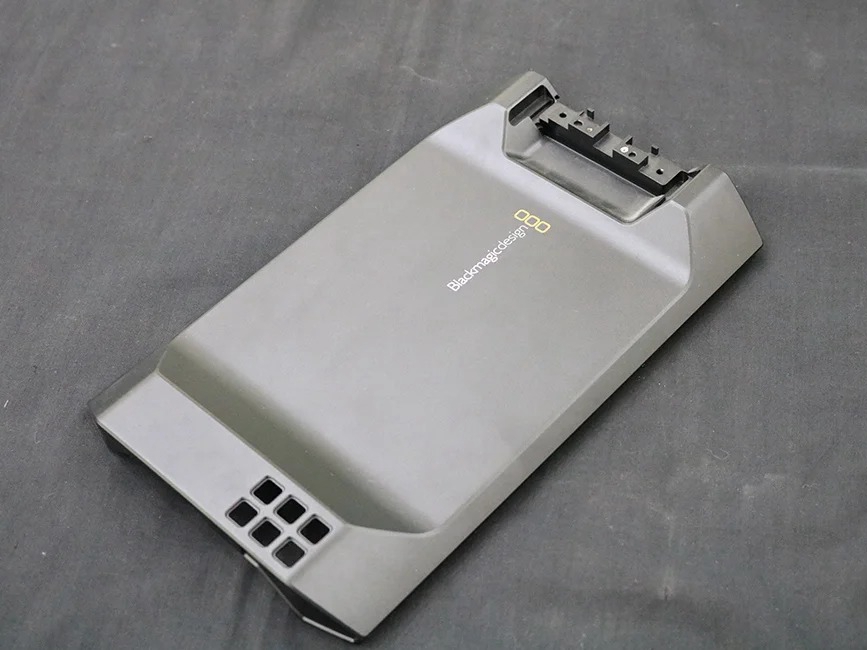
learn more
Painting
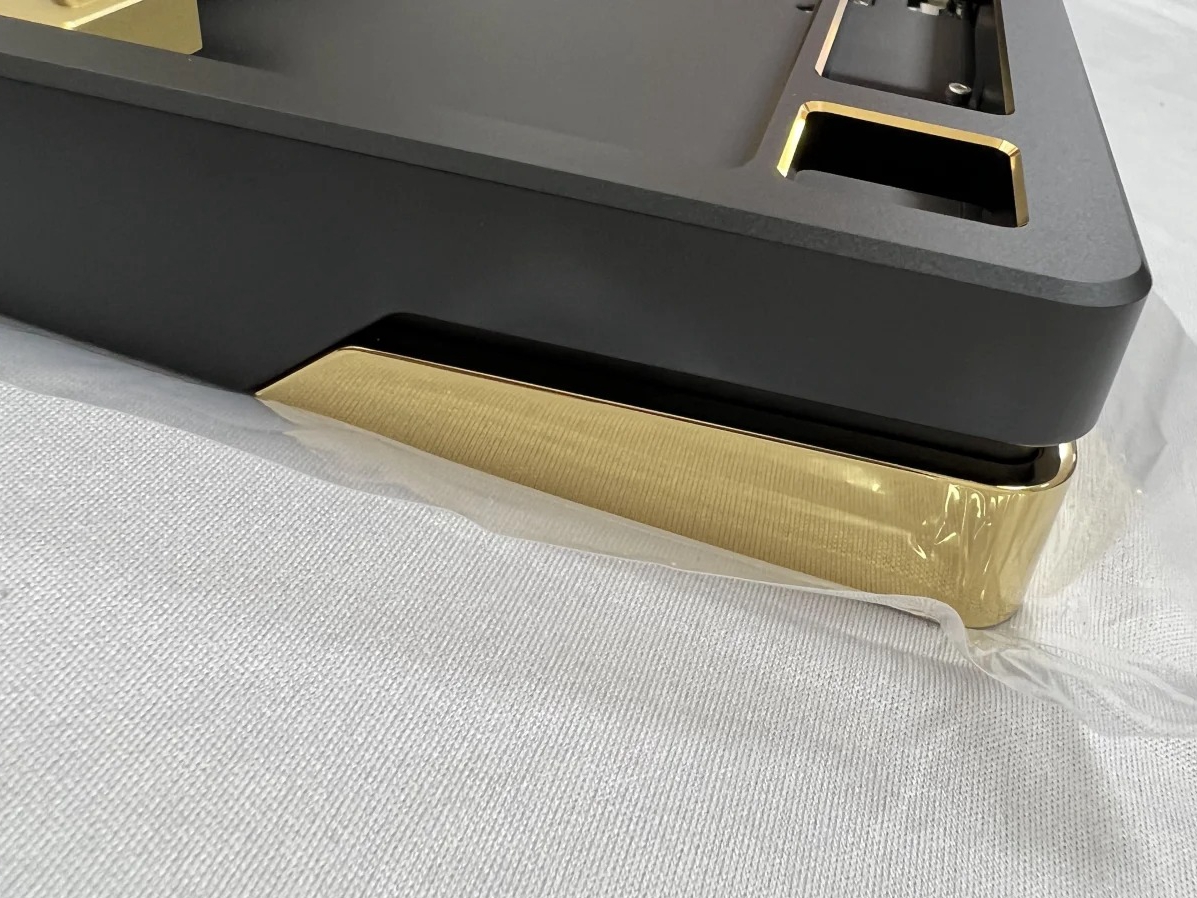
learn more
PVD (Physical Vapor Deposition)
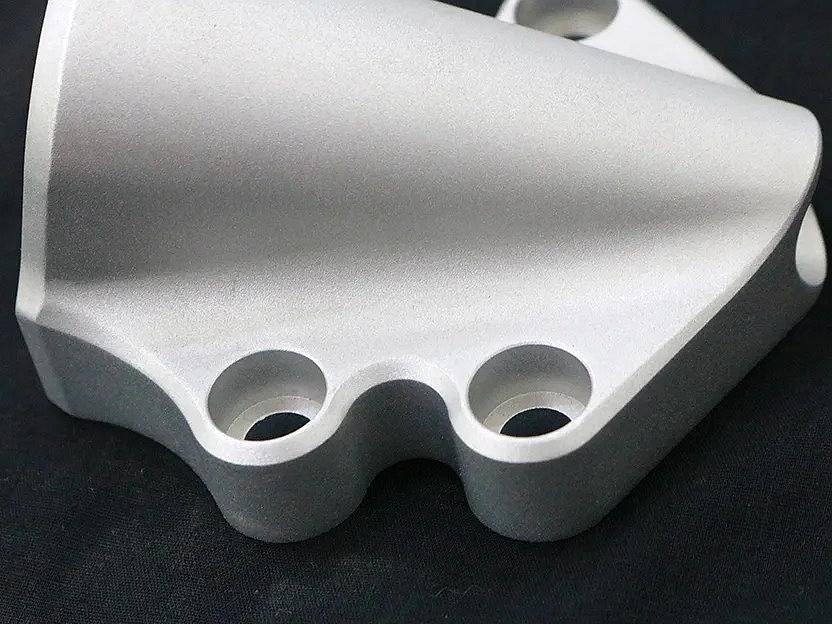
learn more
Sandblasting
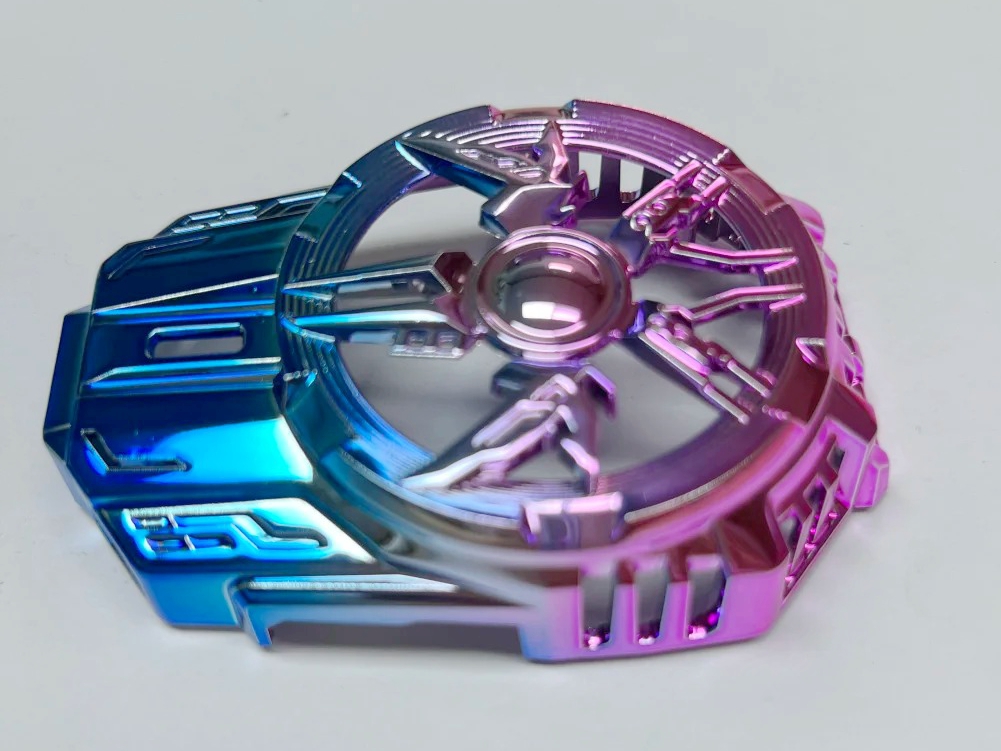
learn more
Electroplating
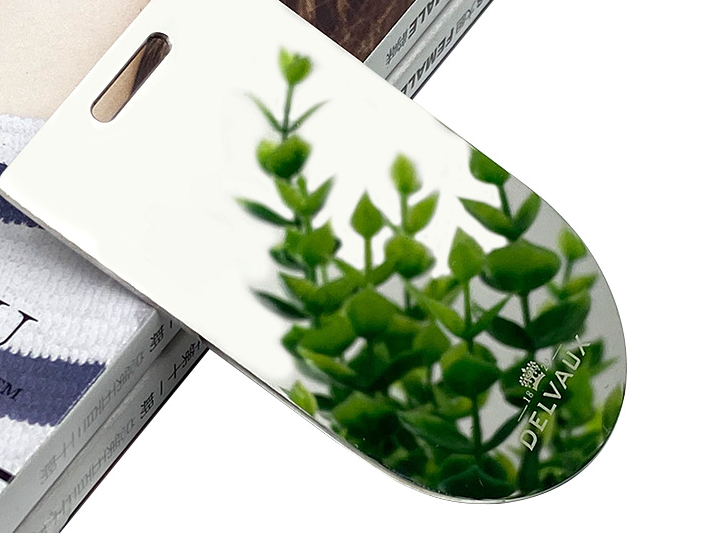
learn more
Polishing
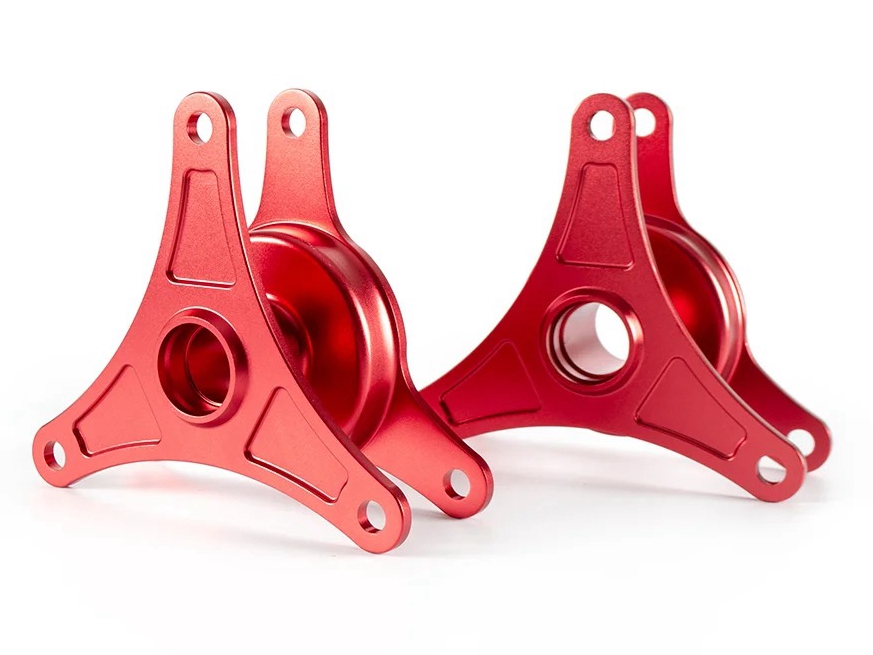
learn more
Anodizing
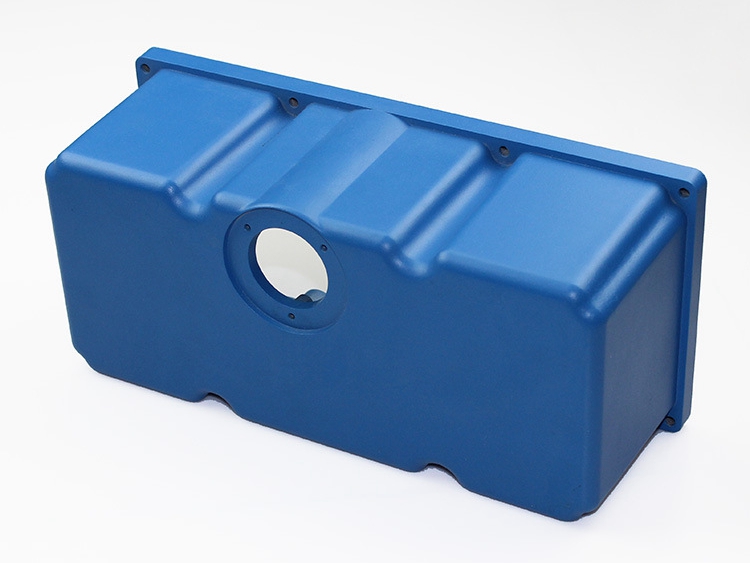
learn more
Powder Coating
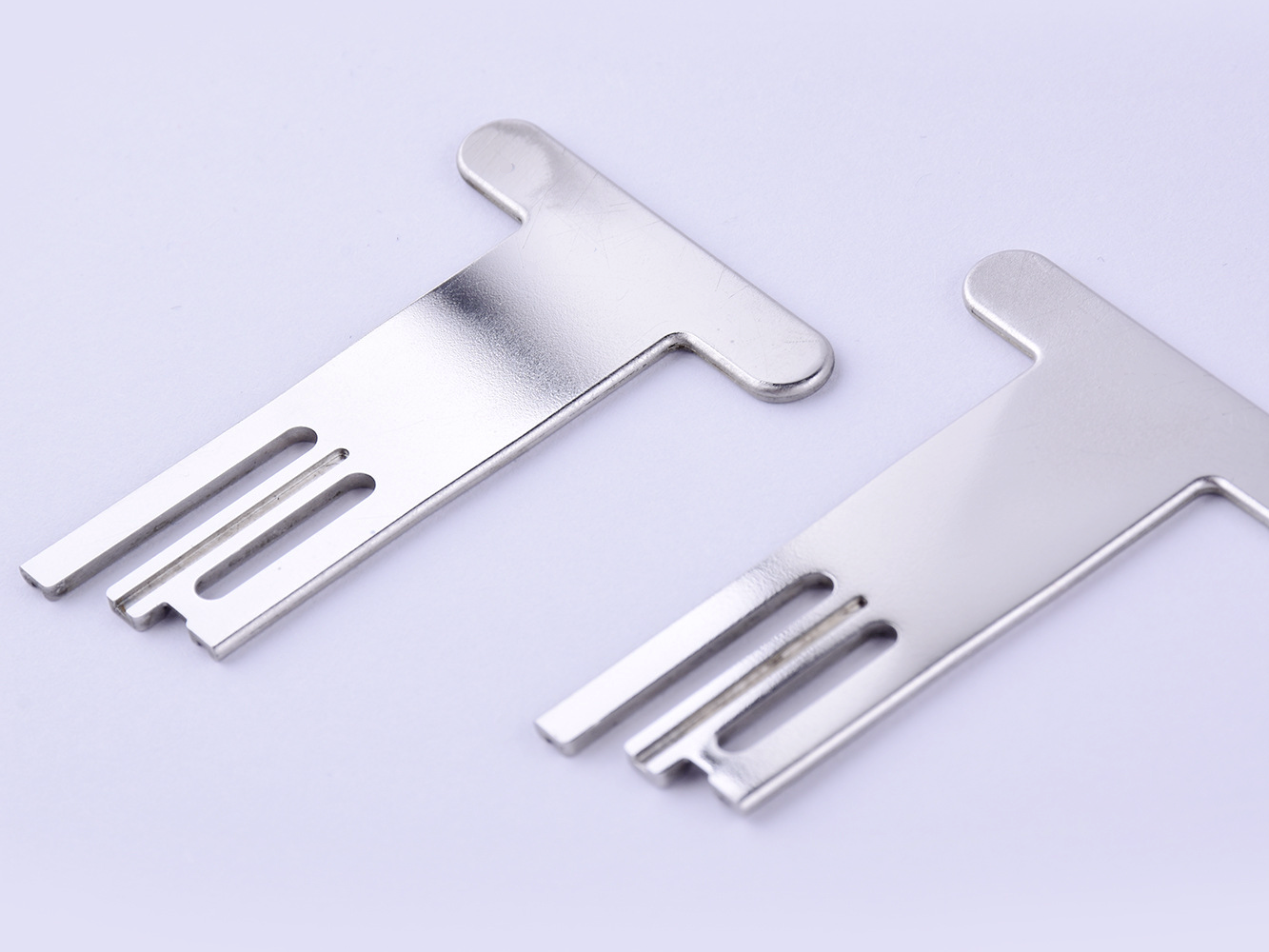
learn more
Electropolishing
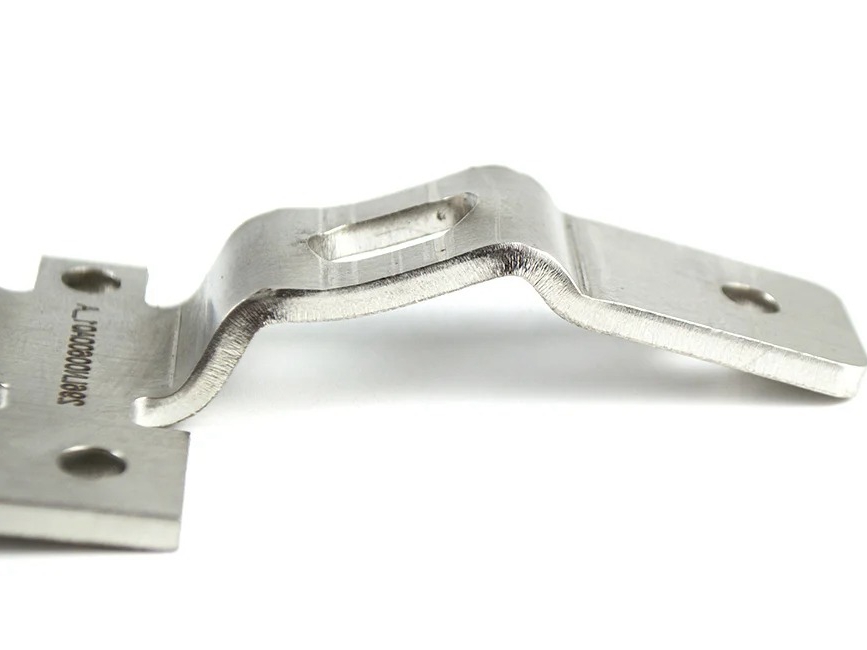
learn more
Passivation
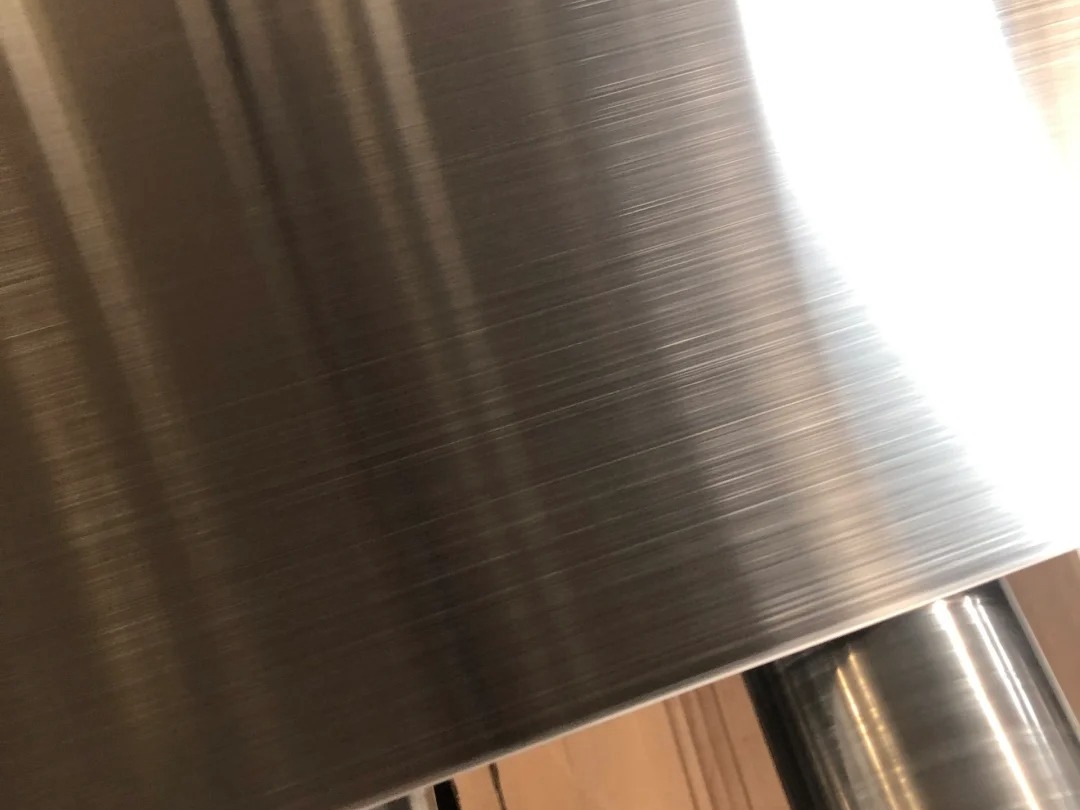
learn more
Brushing
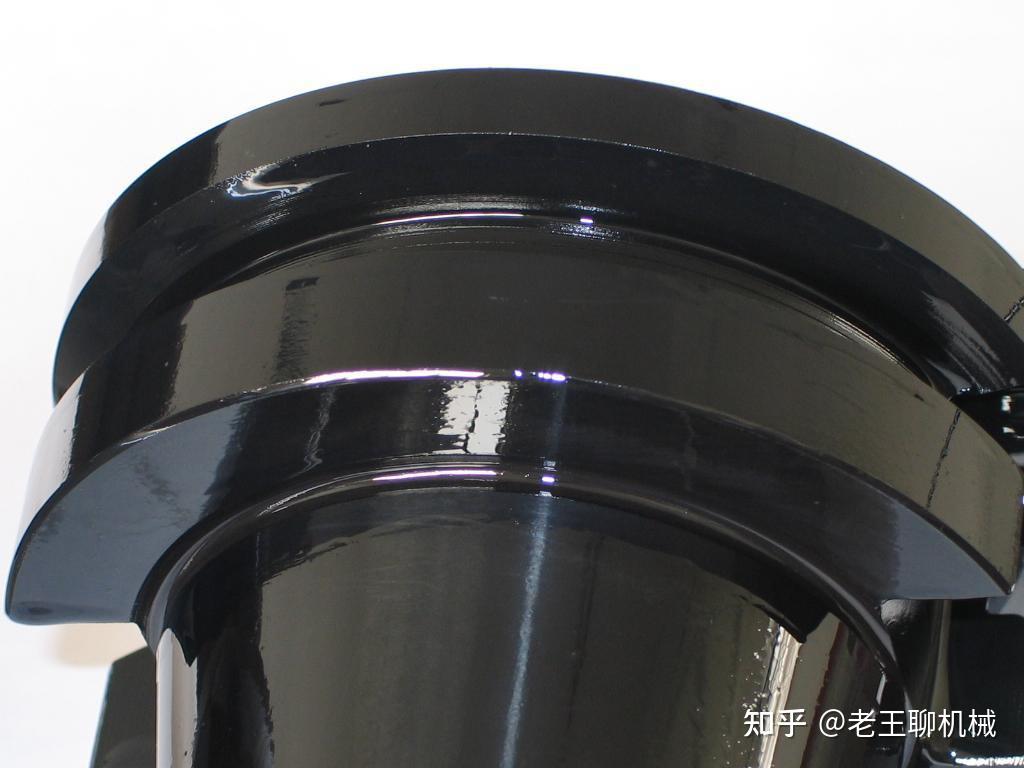
learn more
Black Oxide
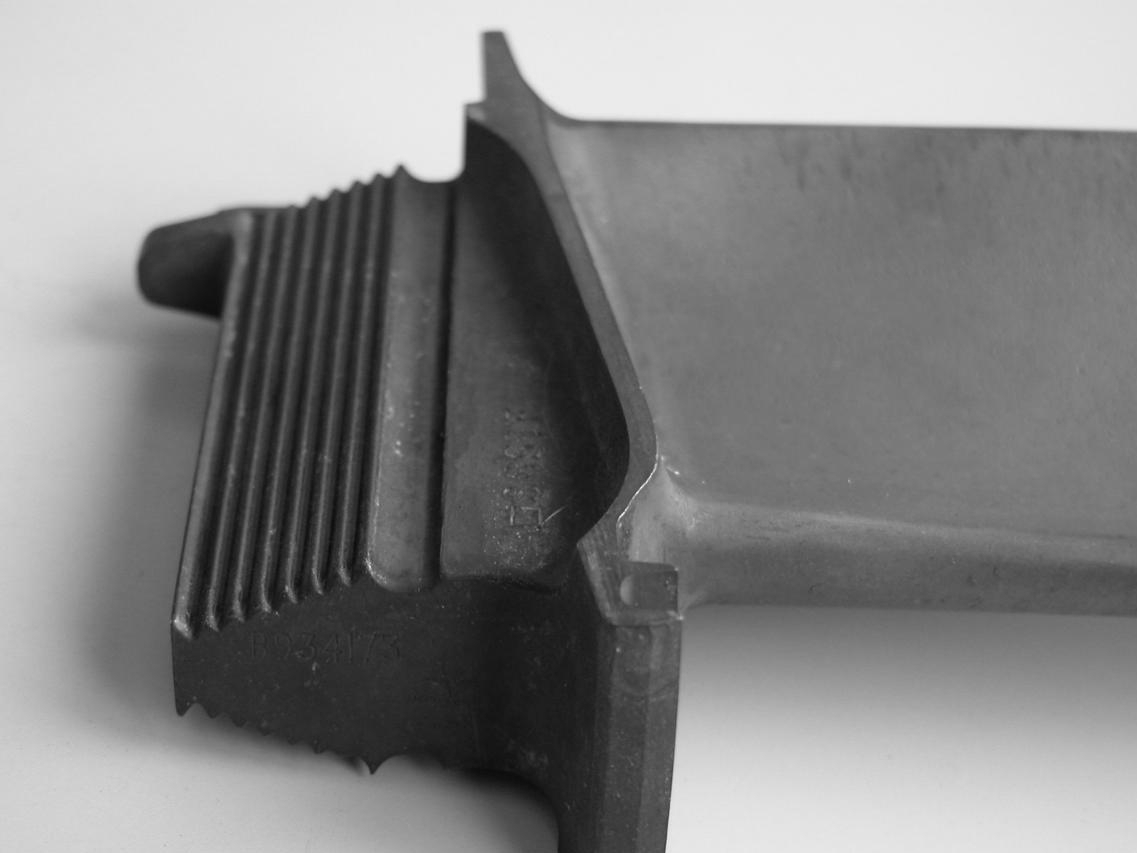
learn more
Heat Treatment
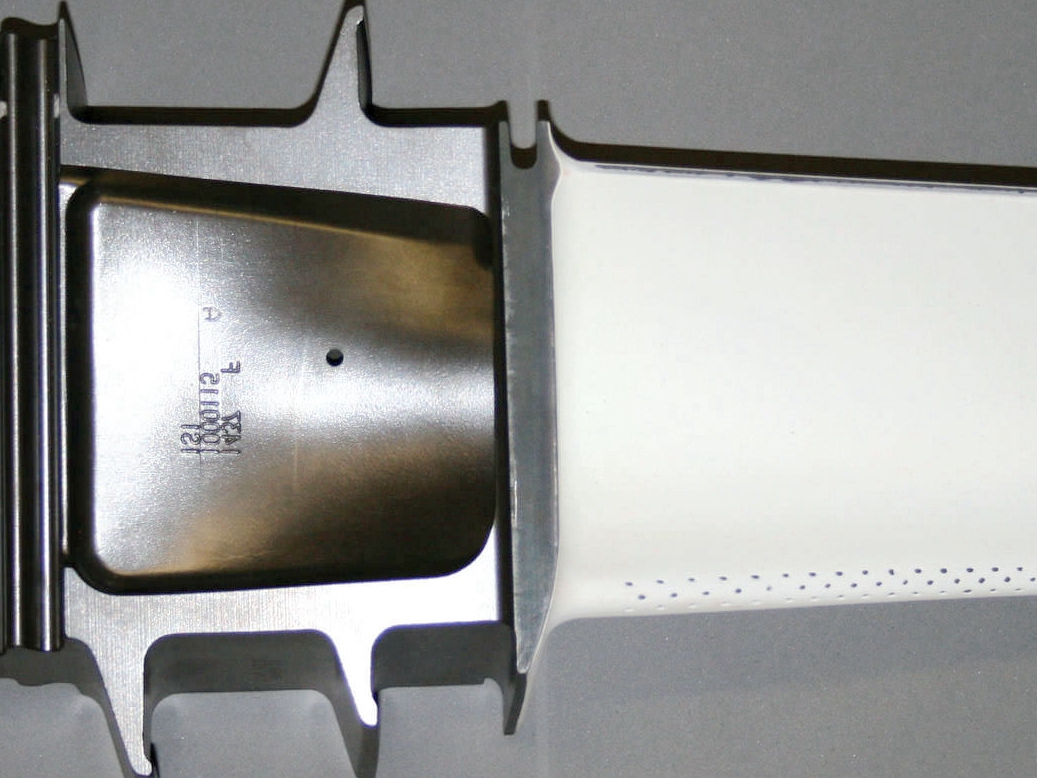
learn more
Thermal Barrier Coating (TBC)
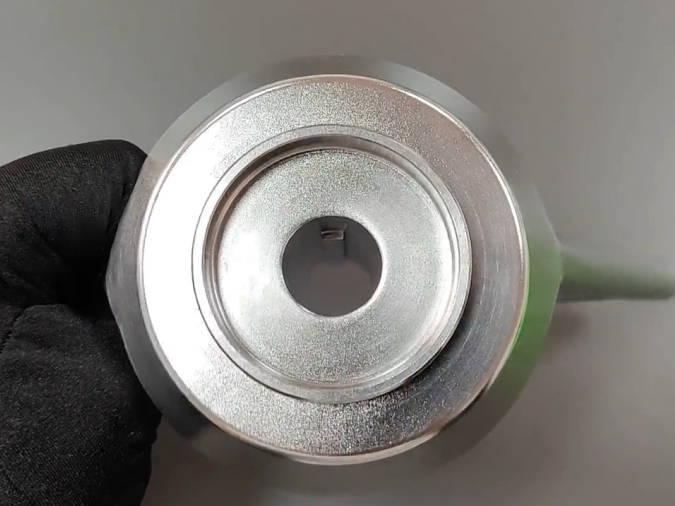
learn more
Tumbling
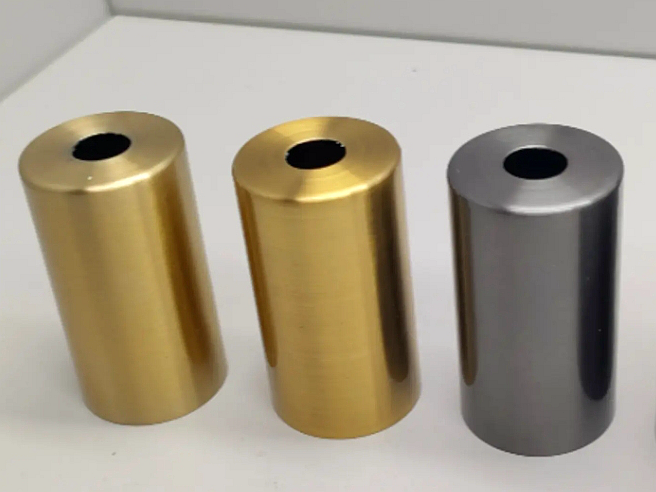
learn more
Alodine
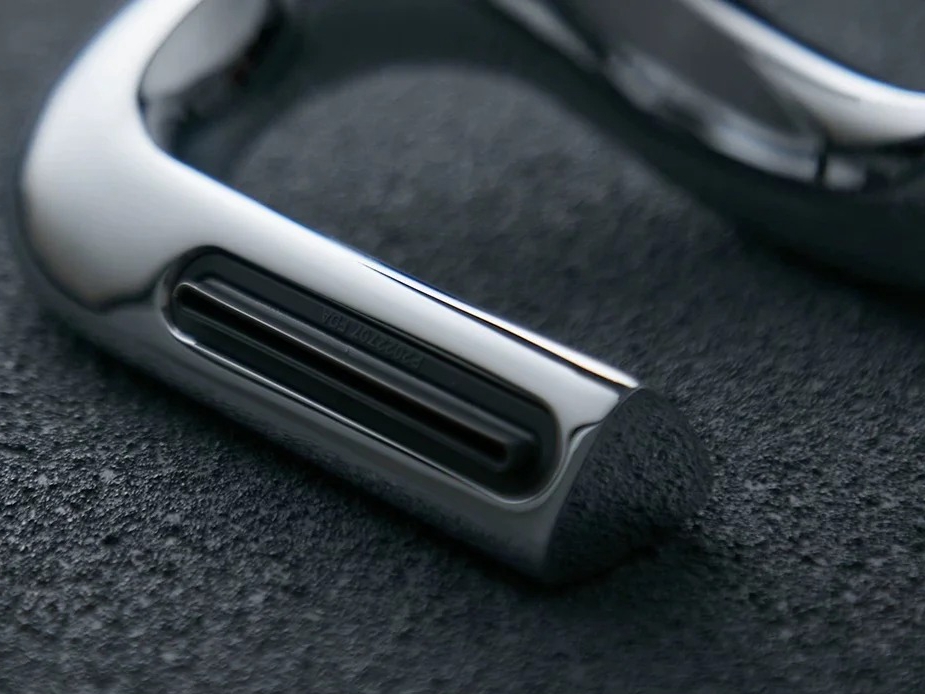
learn more
Chrome Plating
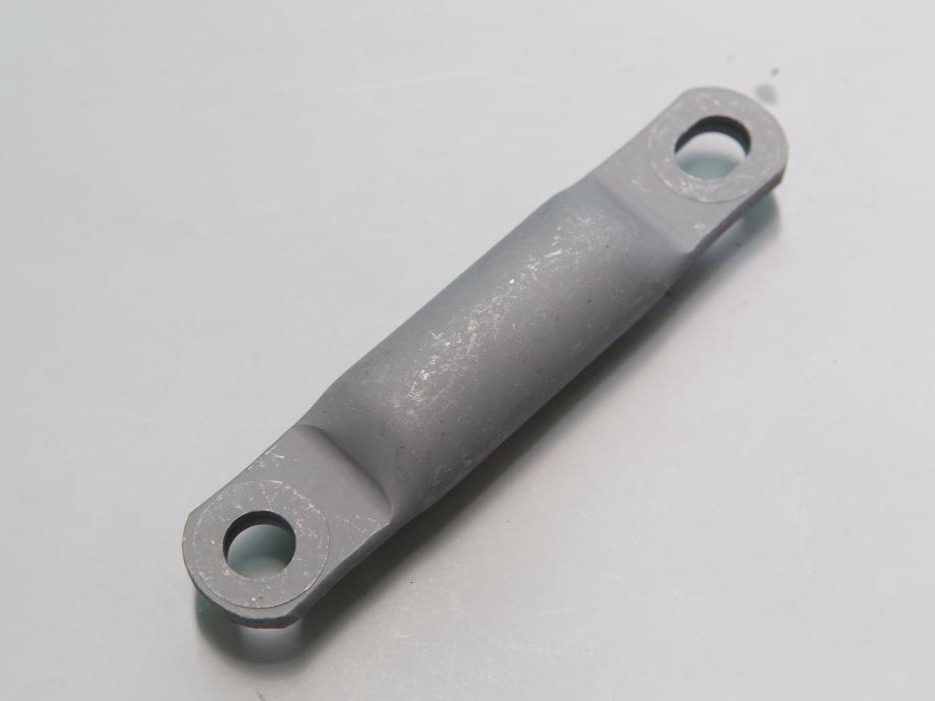
learn more
Phosphating
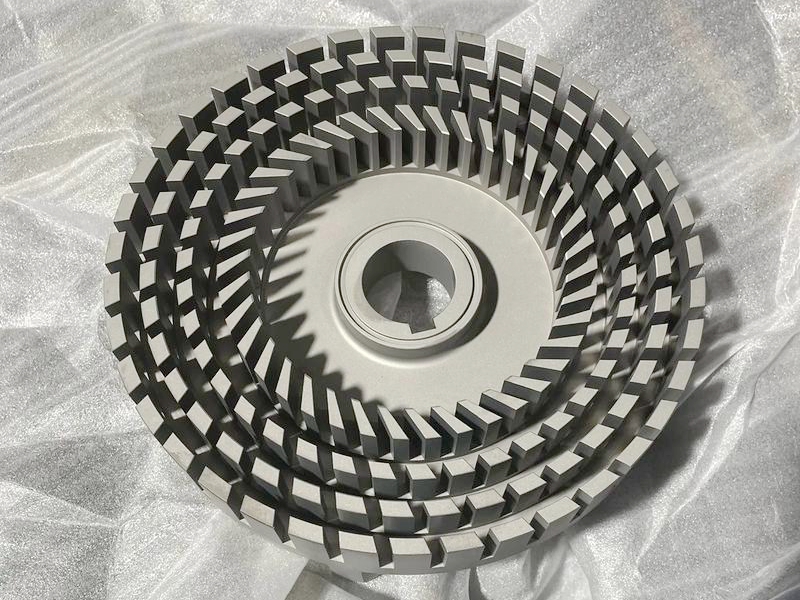
learn more
Nitriding
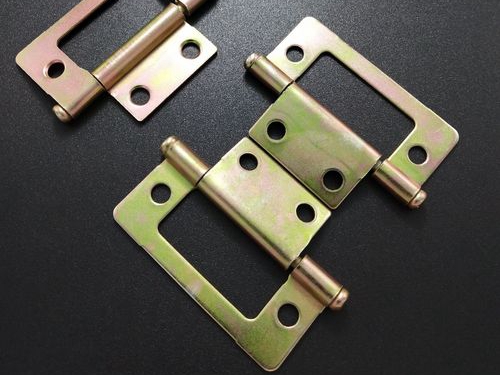
learn more
Galvanizing
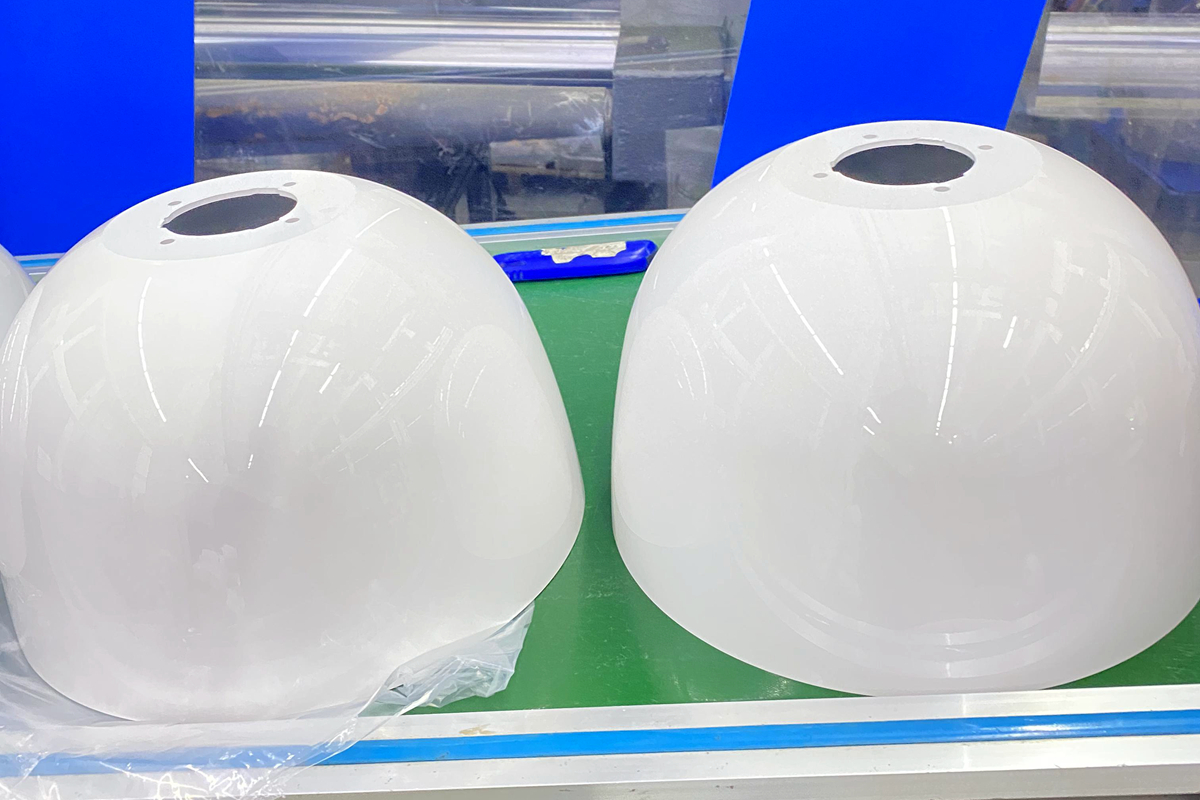
learn more
UV Coating
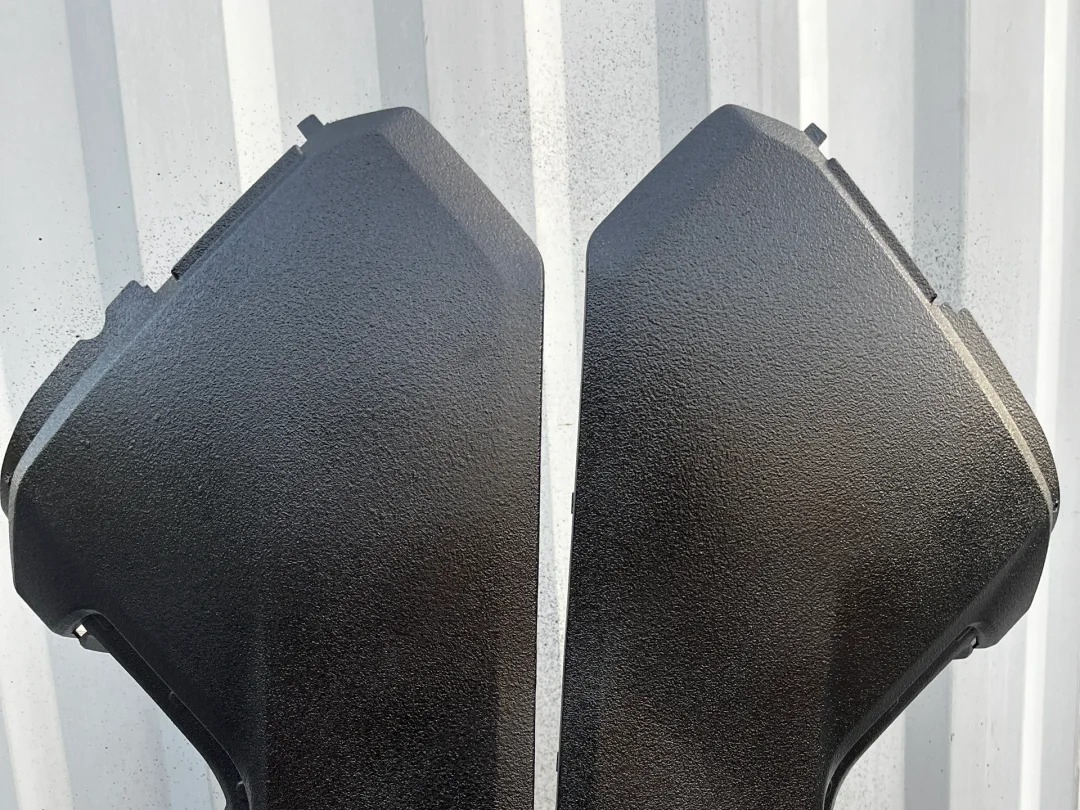
learn more
Lacquer Coating
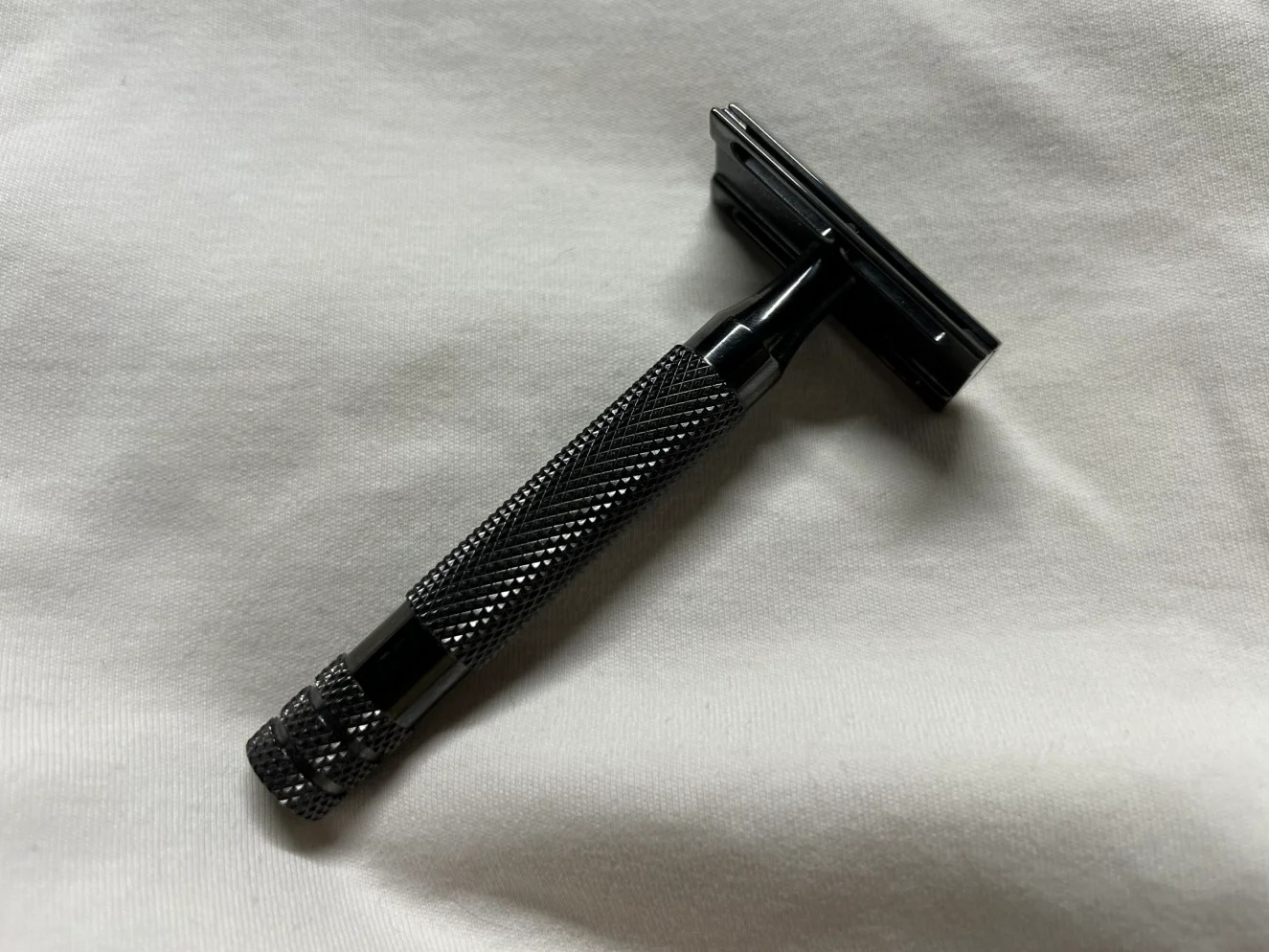
learn more
Teflon Coating
CNC Machining for Automation Equipment
Automation systems rely on CNC machining for components such as gears, housings, and mounts, providing the precision and durability necessary for seamless integration and continuous operations in industrial environments.
Let's Start A New Project Today
Automation Components Manufacturing Methods Suggestions
Selecting the appropriate manufacturing methods for automation components ensures reliability, precision, and cost-efficiency. Techniques like CNC machining, injection molding, and precision casting allow for high-quality, durable parts that meet strict tolerance requirements. The right method improves performance, minimizes downtime, and enhances the efficiency of automated systems in various industries.
